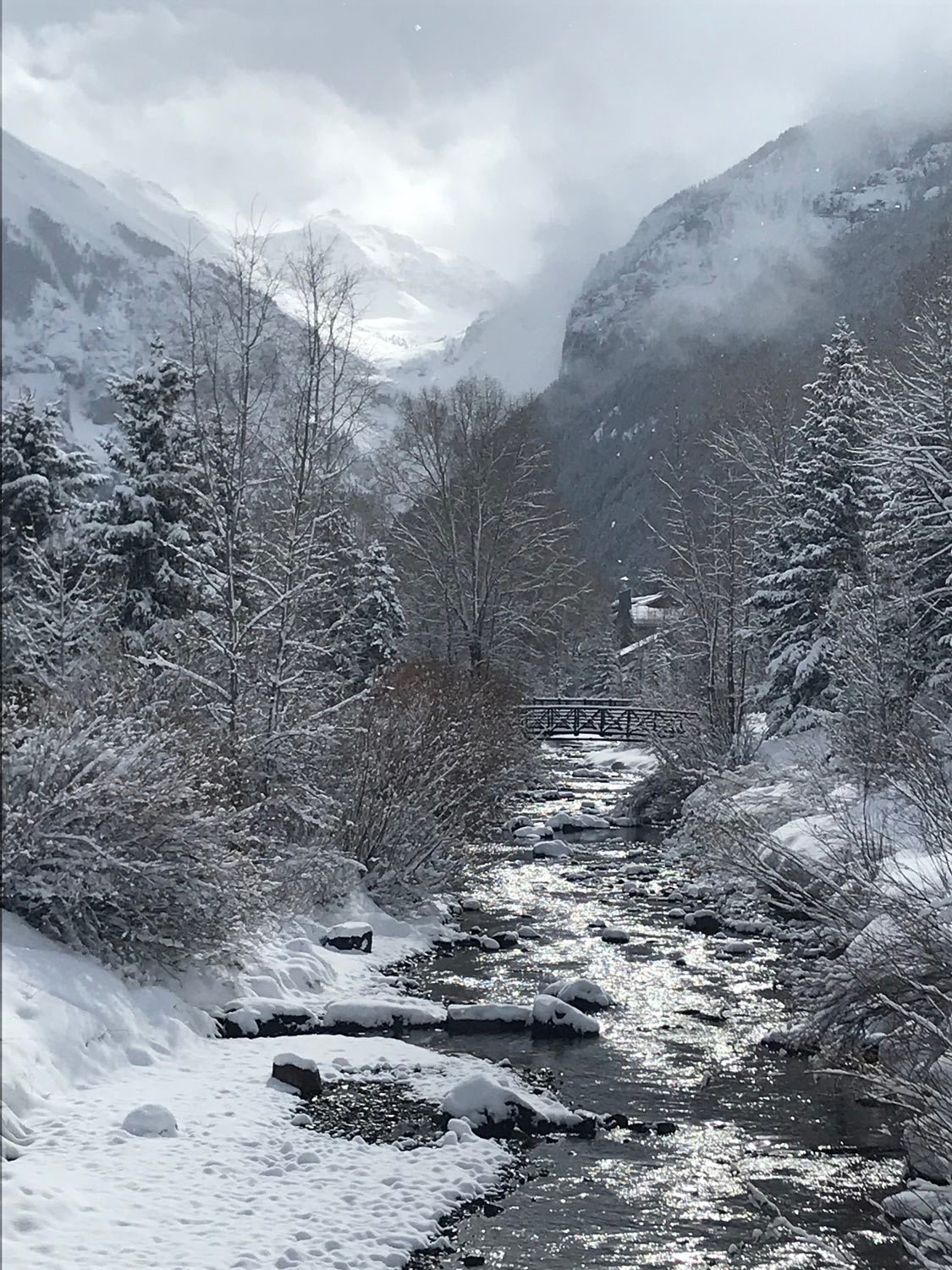Read: Wild Geese
Wild Geese
–Mary Oliver
You do not have to be good.
You do not have to walk on your knees
for a hundred miles through the desert repenting.
You only have to let the soft animal of your body
love what it loves.
Tell me about despair, yours, and I will tell you mine.
Meanwhile the world goes on.
Meanwhile the sun and the clear pebbles of the rain
are moving across the landscapes,
over the prairies and the deep trees,
the mountains and the rivers.
Meanwhile the wild geese, high in the clean blue air,
are heading home again.
Whoever you are, no matter how lonely,
the world offers itself to your imagination,
calls to you like the wild geese, harsh and exciting—
over and over announcing your place
in the family of things.
Writing Practice:
This poem brings me more comfort than any other poem. It’s the first line. You do not have to be good. Such permission in these seven words. I know you struggle with this one, too. And what a tri umph that within such a short poem, by the last line, no matter how good you are, how bad you are, no matter no matter no matter what, you are still included “in the family of things.” What permission do you wish someone would give you? You do not have to take care of me. You do not
have to move. You do not have to hurt. You do not have to smile. It is, in some way, another voice of yourself speaking this poem. What do you have to tell yourself? How can you give yourself the permission you need? Can you look around and see examples of other things that do not have the same struggle? How do they go on?
Go outside and listen for the birds. What on earth do you think that they are saying? Try to interpret the message. Does it have to do with weather? With food? With cycles? With fear? What seems to motivate their song? If you do not hear the birds, where are they? Why is it so silent? How might you bring them back? Would you want to?

